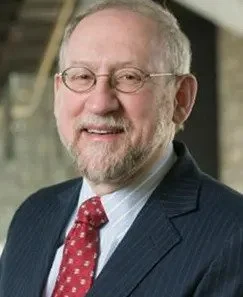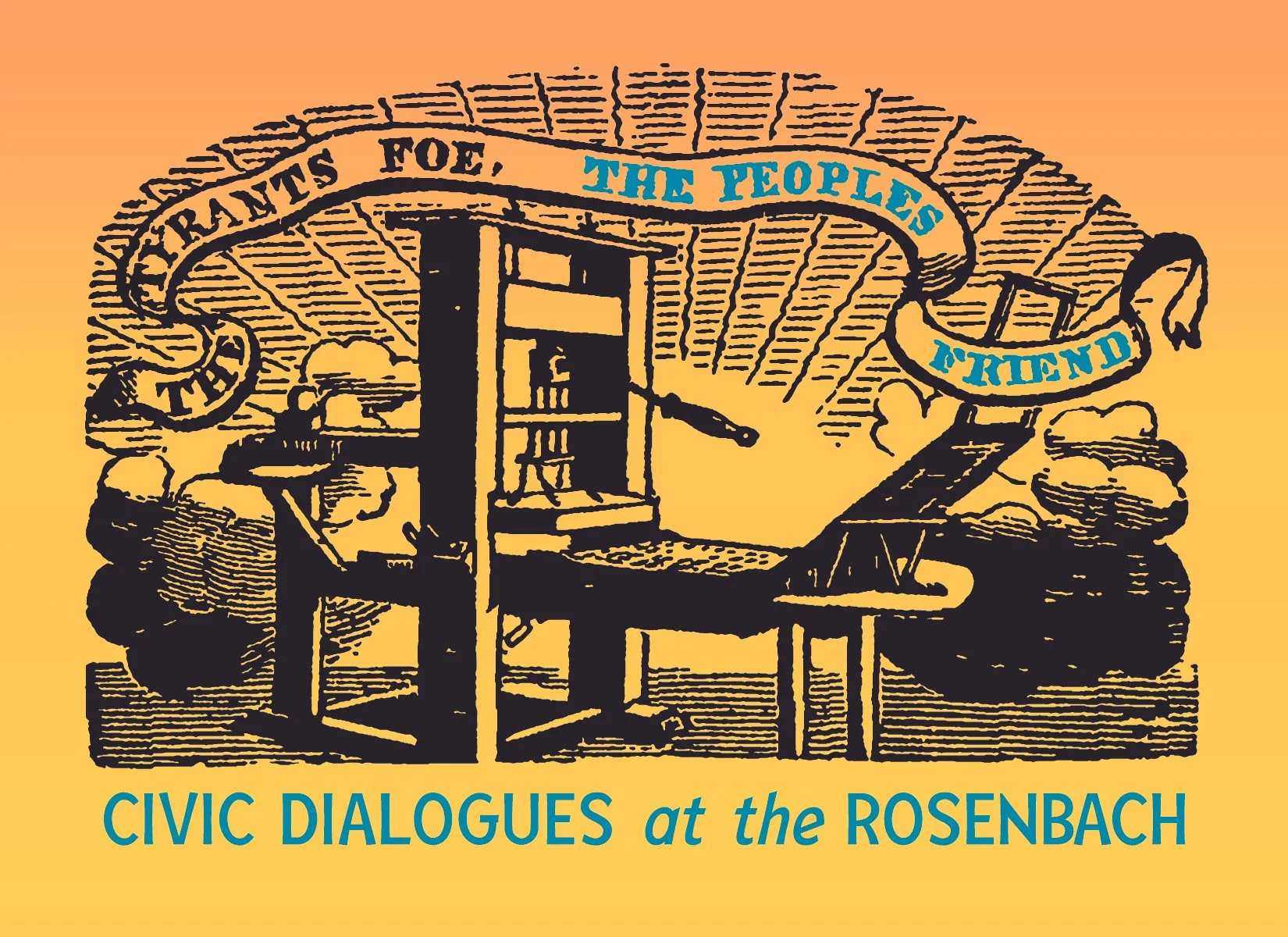Registration
Tuition for this course is $50. Members receive exclusive discounts on our programs and courses. Not a member? Learn more.
Please check your spam folder for your email confirmation. If you have questions, please call (215) 732-1600 or email rsvp@rosenbach.org.
This program is for those 18 and older.
Registration opens for Delancey Society members on Friday, August 22, for Rosenbach members on Friday, August 29, and for the general public on Friday, September 5. Registration opens at 12:00 p.m. ET.
Description
Birthright Citizenship and the U.S. Constitution: the Constitution Means What It Says—People Born in the United States are Citizens of the United States.
In 1866 Congress wrote the 14th Amendment, which begins:
“All persons born or naturalized in the United States, and subject to the jurisdiction thereof, are citizens of the United States and of the State wherein they reside. No State shall make or enforce any law which shall abridge the privileges or immunities of citizens of the United States; nor shall any State deprive any person of life, liberty, or property, without due process of law; nor deny to any person within its jurisdiction the equal protection of the laws.”
At the time of its ratification, in 1868, everyone understood this clause meant that the children of immigrants, tourists, or visitors born in the United States were natural-born citizens. At the time, non-White immigrants, such as those from China or the Caribbean, were not able to naturalize, but under the amendment, their American-born children were citizens. In 1898 the U.S. Supreme Court confirmed this in United States v. Wong Kim Ark, holding that even though Chinese immigrants could never be natural-born citizens, their American-born children were. This has essentially been the rule in the U.S. since the ratification of the 14th Amendment in 1868.
Suddenly, the current administration wants to change the constitution by prohibiting people born in the U.S. from receiving birth certificates or U.S. citizenship until one of their parents is a U.S. citizen or the mother is legally here as an immigrant. This is an astounding attempt by the President to rewrite the Constitution and overturn legal precedent by executive order.
This seminar will examine the history of birthright citizenship (dating from at least 1608),the regulation of immigration from the adoption of the Constitution to the Civil War, and the debates over the citizenship clause in the 14th Amendment.
Preparation
To prepare for the seminar, participants are asked to read the following:
Why Trump Evaded the Key Question of His Citizenship Order at the Supreme Court
Article by Paul Finkelman and Gabriel J. Chin from Slate
For a deeper look you can read:
“Birthright Citizenship, Slave Trade Legislation, and the Origins of Federal Immigration Regulation” by Gabriel J. Chin & Paul Finkelman from the UC Davis Law Review [download here]
An amicus brief by Paul Finkelman, Gabriel J. Chin, and Erika Lee
Instructor
Paul Finkelman is the author of Supreme Injustice: Slavery in the Nation’s Highest Court, published by Harvard University Press. He received his PhD in American legal history from the University of Chicago and was later a fellow at Harvard Law School. He was a senior fellow in the University of Pennsylvania’s Program for Democracy, Citizenship, and the Constitution, a Scholar-in-Residence at the National Constitution Center, and a visiting scholar at the International Center for Jefferson Studies at Monticello. He has held endowed chairs at Duke Law School, Albany Law School, the University of Miami and was the Fulbright Chair in Human Rights and Social Justice at the University of Ottawa. He is currently the Visting Professor of Law at the University of Toledo College of Law. The U.S. Supreme Court has cited his work in seven decisions. Recently, Dr. Finkelman led a seminar at the Rosenbach entitled “Supreme Injustice: Slavery, The Constitution, and the U.S Supreme Court,” which was part of the series “The People’s Friend: Civic Dialogues at the Rosenbach.
This program is part of “The People’s Friend: Civic Dialogues at the Rosenbach.” As the United States reckons with challenging civic divisions, the Rosenbach is doing its part to create opportunities to learn, grow, and heal together, as one people. “The People’s Friend: Civic Dialogues at the Rosenbach” invites members of our community to learn about history and build a bright future together.


